Introducing Beloved Economies
We recently engaged a consultant to help us examine and ultimately overhaul our internal governance and decision making systems. One of the exercises in this process was to articulate our firm’s overarching purpose in a single sentence. We distilled the six public benefit purposes in our certificate of incorporation down to the following meta purpose: “To foster well-being at all levels (personal, organizational, societal) through the practice of law.”
So how do we do that? We’re fortunate that one of our clients, with the support of a dynamic “co-learning community,” has written the book on how all organizations can reorient towards personal, organizational, and societal well-being. The book is “Beloved Economies: Transforming How We Work.” You can learn more and order the book here.
From our perspective, this book deserves attention because it presents the lived experience and lessons of grassroots organizations and leaders that are actively transforming economies for the benefit of everyone. This is decidedly NOT a book by the experts and elites who typically tell us how things are supposed to be. Rather, this book gives voice to a growing grassroots movement to radically rethink the purpose of work and economic activity. The reader is introduced to seven practices that allow anyone to join this journey towards more meaningful work and economies.
The seven practices are as follows:
- Share decision making power
- Prioritize relationships
- Reckon with history
- Seek difference
- Source from multiple ways of knowing
- Trust there is time
- Prototype early and often
We had been working with many of these practices even before they were helpfully compiled and explored in detail by the Beloved Economies team. Some of them have been relatively easy for us to implement. Others continue to challenge us and represent a north star towards which we are orienting. For example, we quickly adapted to a decision making process that includes all of our employees and we have found it comfortable to embrace an “early and often” prototyping methodology. On the other hand, we find that practices like seeking difference, trusting there is time, and source from multiple ways of knowing require our continual attention, diligence and willingness to stretch.
Ultimately, the seven practices are about how to change the world by changing how we show up. Personal change is hard, especially in relation to work. I know I am constantly humbled by the difficulty in overcoming conditioned and (mal)adaptive ways of being at work. But I – and we at Blue Dot – are convinced that the practice of personal transformation is the foundation for fostering well-being in organizations and in societies. The Beloved Economies book provides inspiration, guidance, and accountability for our personal and organizational journeys towards truly transformational change.
We encourage you to experience the book, and to also meet some of the people behind the book and the movement at one of the stops on their upcoming launch tour. To learn more about the tour, you can sign up for updates here (at the bottom of the page) or email my colleague Betsy Cosgrave at email hidden; JavaScript is required.
_________________________________
A note on our involvement: we should probably acknowledge our bias towards this book based on our participation in the co-learning community and our relationship with the Beloved Economies team. If you pick up a copy of the book, you will find content from or references to Blue Dot or a Blue Dot member on pages 100, 203, 281-282 and 303.



